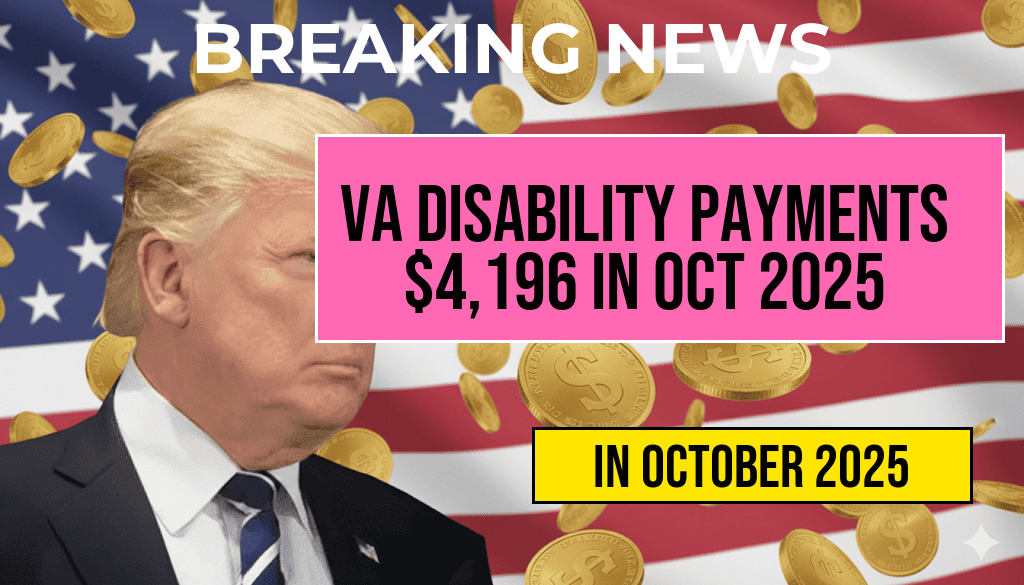The U.S. Department of Motor Vehicles (DMV) announced that starting October 2025, drivers aged 70 and older will need to meet new licensing requirements designed to enhance road safety and ensure driver competence. This policy shift reflects growing concerns about aging drivers’ ability to operate vehicles safely and aims to balance mobility with public safety. Under the new regulations, seniors will be required to undergo a combination of updated vision tests, medical evaluations, and driving assessments before renewing their licenses. The changes will impact millions of Americans in this age bracket, prompting many to prepare for a more rigorous licensing process. State DMVs are expected to implement these updates gradually, providing resources and guidance to help seniors navigate the new requirements effectively.
Details of the New Licensing Requirements
Enhanced Vision and Medical Screenings
- Mandatory vision tests: Seniors will need to pass a comprehensive eye exam, which may include digital acuity and peripheral vision assessments. These tests aim to detect age-related vision decline that could impair driving ability.
- Medical evaluations: A certified healthcare provider must review the applicant’s medical history, focusing on conditions such as dementia, Parkinson’s disease, or other neurological disorders that could affect driving skills.
Driving Skills Assessment
In addition to medical screenings, drivers aged 70 and above will be required to complete a behind-the-wheel driving test every renewal cycle. This practical assessment will evaluate reaction times, decision-making, and adherence to traffic laws, providing a real-world gauge of driving competence.
Renewal Frequency and Documentation
| Age Group | Current Renewal Interval | New Renewal Interval (Post-October 2025) | Additional Requirements |
|---|---|---|---|
| 70–74 | Every 8 years | Every 6 years | Vision test at renewal |
| 75 and older | Every 5 years | Every 4 years | Vision test, medical review, driving assessment |
Implementation Timeline and State Variations
While the federal policy sets a nationwide framework, individual states will have flexibility in how they implement these changes. Some states, such as California and New York, are already reviewing their driver licensing procedures to incorporate the new requirements by late 2024, ensuring a smoother transition. Others may introduce phased testing, offering refresher courses or online assessments before scheduling in-person evaluations.
Resources and Support for Senior Drivers
- Pre-appointment assessments: Many DMV offices will provide preparatory materials, including online practice tests and informational brochures.
- Medical and vision resources: The American Optometric Association and other medical organizations are collaborating with DMVs to facilitate screening processes.
- Community programs: Senior centers and local driving schools are developing courses aimed at maintaining driving skills and awareness among older adults.
Implications for Senior Drivers and the Broader Community
The new requirements have sparked mixed reactions among seniors and advocacy groups. Supporters argue that these measures will reduce accidents caused by age-related impairments, ultimately saving lives and reducing injury rates on roads. Critics, however, express concerns about potential restrictions that could limit seniors’ independence, especially in rural areas where public transportation options are scarce.
According to the Insurance Institute for Highway Safety, older drivers are involved in fewer crashes overall but are more likely to sustain serious injuries when accidents occur. The policy aims to identify and address risk factors proactively, leveraging technology and medical assessments to ensure only capable drivers remain on the road.
Expert Perspectives and Future Outlook
Traffic safety experts emphasize that adaptive licensing policies should strike a balance between safety and autonomy. Dr. Lisa Johnson, a gerontologist specializing in mobility issues, stated, “Regular health screenings and practical driving assessments can help seniors maintain confidence behind the wheel while ensuring public safety remains a priority.”
As states prepare to roll out these new policies, officials are also exploring options such as in-vehicle safety technology, including collision avoidance systems, to support older drivers. The integration of such features could further enhance road safety and eventually reduce the need for frequent testing.
For more information about the upcoming licensing changes and how they may affect you, visit the DMV official website or consult resources provided by the Wikipedia page on driver’s licenses.
Frequently Asked Questions
What are the new driving license requirements for seniors starting October 2025?
Beginning October 2025, seniors aged 70 and older will need to fulfill additional requirements such as medical evaluations, vision tests, and possibly more frequent license renewals to ensure driving safety.
Who is affected by the new driving license policies?
The policy primarily affects drivers aged 70 and older who hold or are applying for a U.S. driving license, requiring them to meet updated health and safety standards.
What documents are required for the license renewal process under the new rules?
Drivers will need to provide medical clearance, vision test results, and possibly undergo additional assessments as part of the renewal process starting October 2025.
Will there be exemptions or accommodations for seniors with certain health conditions?
Yes, exemptions or accommodations may be available for seniors with specific health issues. They should consult with state DMV offices to understand their options and required documentation.
How can seniors prepare for the upcoming changes to their driving license requirements?
Seniors should schedule vision and health evaluations ahead of time, gather necessary medical documentation, and stay informed about state-specific regulations to ensure a smooth license renewal process starting October 2025.










